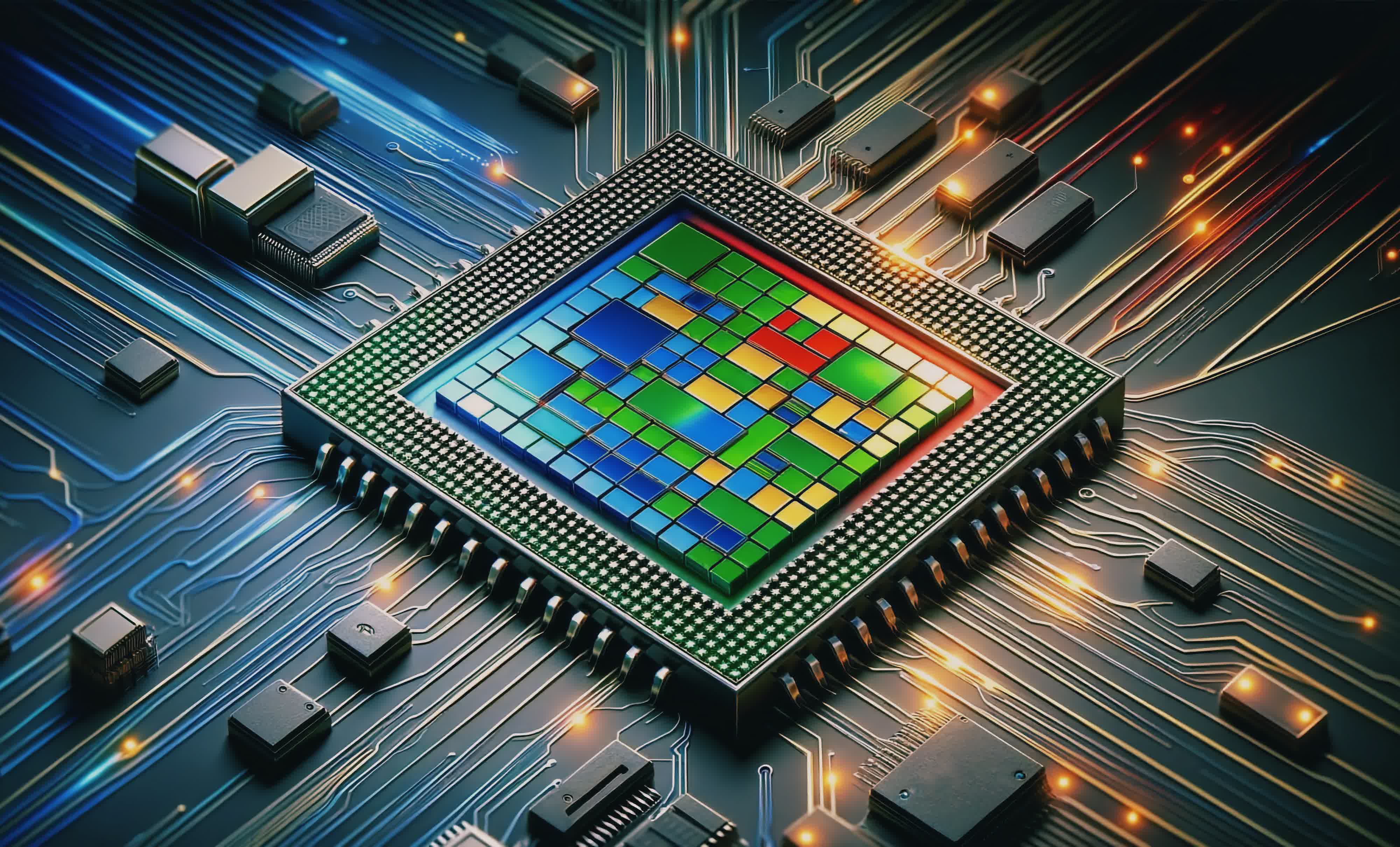Microsoft’s efforts to break into the AI hardware market face new hurdles as delays push its custom chip production to 2026. The postponed rollout of the Maia chip raises doubts about Microsoft’s ability to challenge Nvidia’s dominance in AI technology.
Microsoft’s custom AI chip hits delays, giving Nvidia more runway

Key Takeaways:
- Microsoft faces delays in AI chip production.
- Maia chip mass production postponed until 2026.
- Delay raises doubts about competing with Nvidia.
- The Information reports on the significant setback.
- Impact on AI industry dynamics and future advancements.
Microsoft’s Ambitions Hit a Roadblock
Microsoft’s push into the competitive field of artificial intelligence hardware has encountered a significant setback. The tech giant’s next-generation Maia chip, code-named Braga, won’t enter mass production until 2026, marking a delay of at least six months from the original schedule.
The Maia Chip and Its Significance
The Maia chip represents Microsoft’s ambitious effort to develop custom AI hardware tailored to its needs. By creating proprietary chips, Microsoft aims to reduce reliance on external suppliers and position itself as a formidable player in the AI hardware market.
Challenges Against Nvidia’s Dominance
This delay raises fresh doubts about Microsoft’s ability to challenge Nvidia’s stronghold in the AI sector. Nvidia has long been the leader in providing GPUs and AI hardware solutions, and Microsoft’s postponement may widen the gap between the two companies.
Insights from Industry Reports
According to a report by The Information, the setback is more than just a timing issue—it casts uncertainty on Microsoft’s strategic position in the rapidly evolving AI industry. “Microsoft’s push into custom artificial intelligence hardware has hit a serious snag,” the report states, underscoring the potential implications for the company’s competitive edge.
Implications for the AI Hardware Market
The delay could have ripple effects across the AI hardware landscape. With mass production of the Maia chip now not expected until 2026, partners and customers anticipating advancements from Microsoft’s hardware may need to adjust their plans. This development may further solidify Nvidia’s lead, as competitors face hurdles in bringing new technologies to market.
Looking Ahead
As Microsoft navigates these challenges, the tech community will be watching how the company adapts its strategies to remain competitive. The postponement of the Maia chip’s mass production highlights the complexities of developing cutting-edge AI hardware and the high stakes involved in the race for technological leadership.











